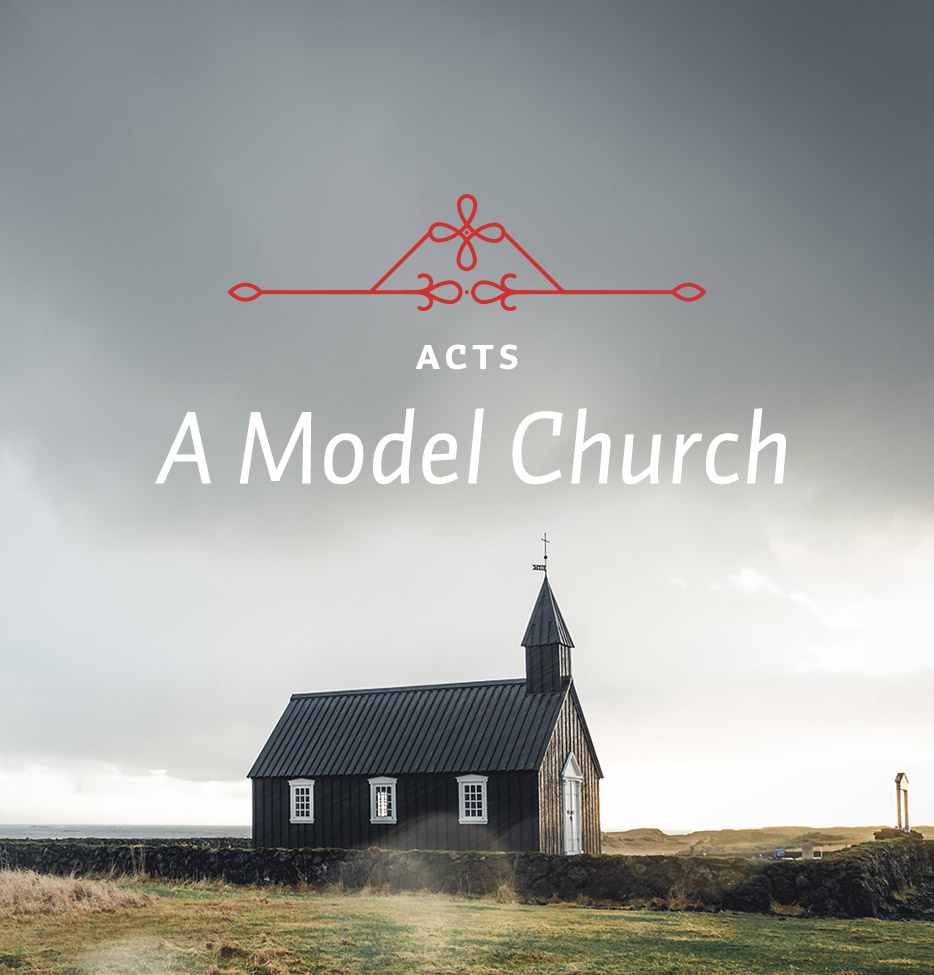The sharing of possessions that went on in the early church was not socialism or communism. Socialism acknowledges the right of private property, but it compels individuals to give a percentage of or everything above a certain figure to others. Socialism does not deny a person a right to own things, but it denies him the right to have too many of these things as measured by somebody else’s standard. We have much of this today. Most people would be astounded to hear that American life is socialistic. But it is very socialistic. Whenever there is a system that taxes those who have more at a higher rate than those who have less, in order that the state can take these resources and redistribute them to those who have less, that is socialism, because it is being done not willingly but by force.
I am not saying we have full-blown socialism in America, only that we have a great deal of it. But the point I am making is not that socialism is bad or good or even whether we have it in America or not. My point is merely that this is not what was going on in the early church. The early Christians shared their possessions, not because they were communists or socialists—not because they were forced to share their things—but for a far better reason. They shared their goods because they were generous, and they were generous because they had learned generosity from God. God had been generous with them. So because God had been generous with them, they were determined to be generous with one another.
Sometimes, when we come to something like this, we reason that because the early Christians were not forced to share their goods we are therefore justified in keeping what we have for ourselves. But we can’t get off the hook quite that easily. It is true that we are not forced to be generous. But if we are followers of Jesus Christ, if we have learned from Him, then we know that “a man’s life does not consist in the abundance of his possessions” (Luke 12:15), and that “it is more blessed to give than to receive” (Acts 20:35). The standard set before us is the standard not of being served, but of serving. So our obligation is to use what we have for others, which is what the early church did. It is one measure of a Christian’s sanctification and maturity.
The third characteristic of the early Christian church was worship. There was “the breaking of bread” and “prayer.” “Breaking of bread” stands for the communion service, and prayer, although it is something we can do individually and at different times, is in this passage actually the formal exercise of prayer in the assembly. I say this because in the Greek text—although it is not preserved for us in English—the definite article occurs before the word “prayer.” The text actually says, “to the prayers.” They devoted themselves “to the breaking of bread and to the prayers.” Obviously, that is a reference to something formal—to worship in which the people got together and praised God.
There is also a reference to formal worship in verse 46: “Every day they continued to meet together in the temple courts.” The “temple courts” probably refers to the courtyard of the Gentiles, which was a very large place. On feast days, when everyone packed into it, it could accommodate perhaps two hundred thousand people. It was the only place in Jerusalem where you could get such a large crowd together. Indeed, it may have been here that the large meeting on the day of Pentecost took place, and if it was, then it would have been natural that on set occasions the early Christians returned to the place so they could all meet together and enjoy the worship of God as they broke bread in the communion service and offered up prayers.
Then, not only did the Christians worship in a formal setting, perhaps in the large courtyard of the Gentiles, they worshiped informally as well. That is why the very next phrase goes on to say “they broke bread in their homes” (v. 46). That is a deliberate repetition. In verse 42, “they devoted themselves… to the breaking of bread.” Then in verse 46, “They broke bread in their homes.” It means that they did both. They had formal worship, and they had informal worship, too. And the informal worship included, and perhaps was largely centered on, the communion service.
How about their music? What did they sing when they got together in the temple courts? They must have sung the psalms, participating in the regular liturgical patterns of Jewish worship. Our equivalent might be the great hymns of the Christian past. What did they sing when they met together in their homes? In that setting their music was probably far less formal, perhaps the equivalent of our so-called praise music or choruses. The psalms were the best worship music. They were based on an inspired text, after all. But that did not exclude the use of other music in its place.
Should Christian worship be formal? Or should it be informal? The answer is certainly: Christian worship should be both. Why should we have to choose between the two? There are different kinds of people, different settings and different occasions on which we worship. Why should there not be worship appropriate to each occasion?






